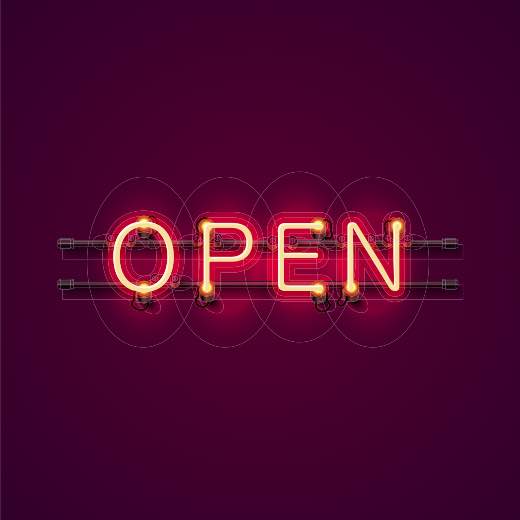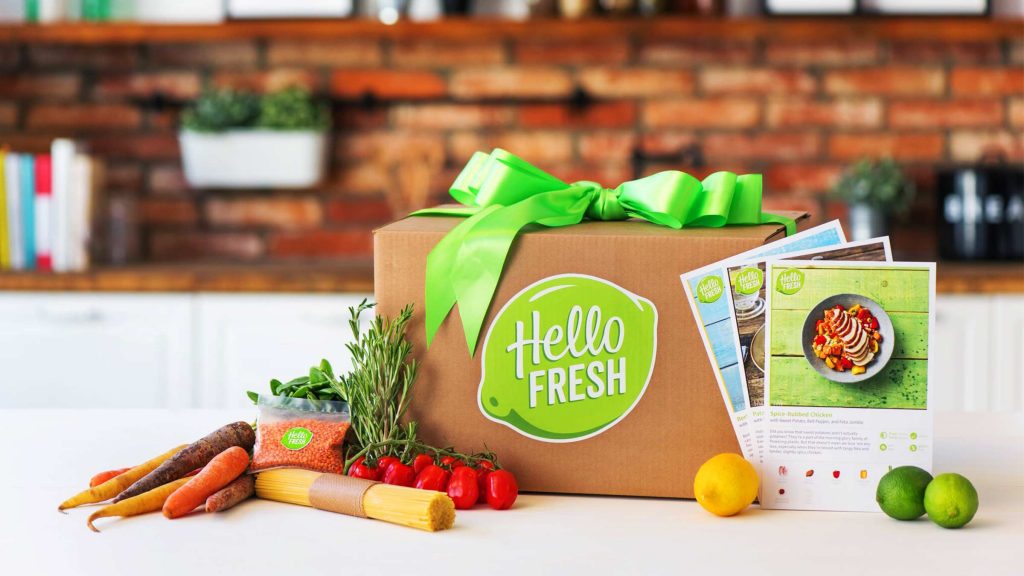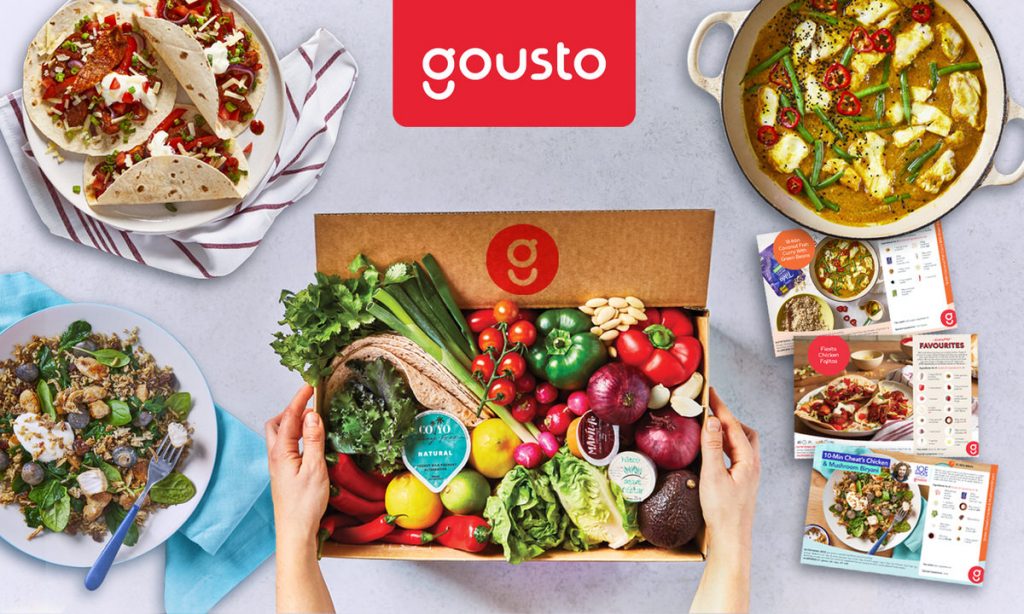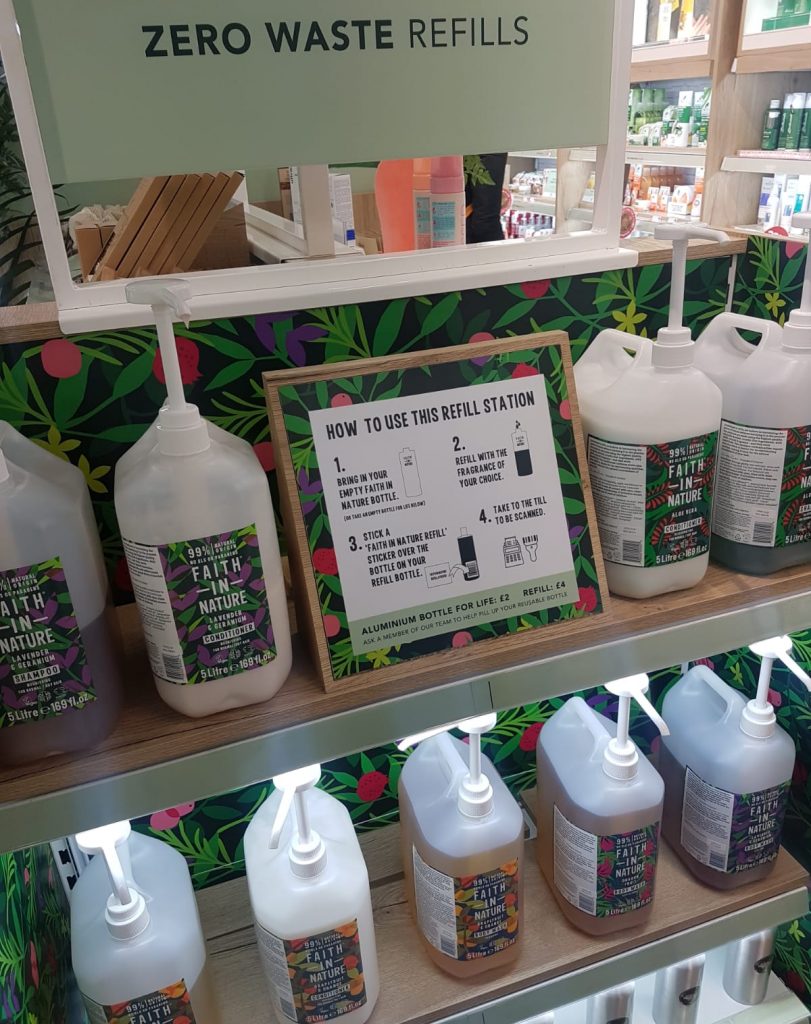
Since lockdown began there has been much media speculation about the long-term impact of Covid-19: how the world, and everything in it, will change. The commentary covers the increasing political unrest, the influence on mental health and the depth and breadth of the inevitable global recession to follow. However, few have talked about the lasting impact of lockdown on our ongoing behaviour, our priorities and on our consumption. Whilst Mark Ritson’s assertion that, post lockdown, “most things will go back to how they were” may be comforting, it may be optimistic to think that things will simply return to normal. Here’s why.
Companies spend billions every year trying to change consumer perceptions and behaviour towards their brands, products and services. As any marketeer will know, altering behaviour isn’t easy. As can be seen over decades of anti-smoking or healthy eating campaigns, it takes inspiring strategic insights and exemplary, consistent execution to successfully challenge perceptions and change behaviour. Not all messages resonate. There are multiple visits to the drawing board. It takes time for the good ideas to percolate and for new habits to forge. However, in less than 8 weeks, Coronavirus has created the environment in which new habits have formed, new priorities have risen, and new behaviours have become second nature.
Backed into a corner, we are bonding in our communities. We’re finding new ways of achieving a sense of accomplishment and are appreciating aspects of life previously taken for granted. We are correcting our wasteful habits and are taking more responsibility for our own health and wellbeing. We are creating a new normality which is fundamentally altering our approach to life. Although, physically, we are in a transient state, waiting to again enjoy our freedom – emotionally, no matter how easy or difficult we find our current living arrangements, we have already moved on and every day in isolation merely reinforces those new habits and behaviours.
Here are six changes that are likely to influence post Covid-19 brands and branding:
- A big win for home working
The trend towards home working has been tested to the limit with everyone who can, working from home. That includes the blockers, the naysayers and the sceptics who have worked hard to limit home working in the past. Although far from perfect for some, for many, it will provide the proof they needed to permanently change the way they work, the way their businesses operate and the infrastructure on which they are built. The workforce has developed techniques to put structure around the working day to create separation from home life whilst maintaining productivity. And those who can, post lockdown, will be vowing to work from home more often, to avoid long commutes and crowded trains.
This kind of behaviour will mean more eating, drinking and exercising from home. It means more Nespresso capsules and fewer Costa visits. It means bigger baskets at the supermarket and less spent on fast food and travel cards.
2. Acceleration of tech
It has been said that 15 years worth of people came online within the first 15 days of lockdown. Covid-19 has accelerated the digital transformation of individuals and companies alike. People with little to no experience of technology have learned how to shop online, stay remotely connected to friends and family and find more diverse sources of entertainment and education than ever before. These lessons will not be unlearned and will have an irreversible impact on clicks & footfall once liberty is restored.
Further tech investment will be required by retailers to enhance the online shopping experience. It will need to reflect how virtual shops are browsed, how new brands are discovered and how offers are shopped creating new, multi-dimensional opportunities for brands online. The brands themselves will need to rethink how their livery pops and how they communicate their USPs in a more controlled online retail environment.

In some sectors, direct to consumer offerings will by-pass retailers entirely and strike up new and rewarding relationships with consumers. Lockdown has meant that all the farm shops and butchers who deliver have been discovered and trialled. Milk & More, the largest milk delivery service in the UK signed up 25,000 new customers in the first 2 weeks of lockdown, before capacity limitations closed its doors. Hello Fresh, Gousto and Mindful Chef recipe box delivery services have also seen unprecedented demand with Mindful Chef experiencing a 425% increase in new customers in the first 3 weeks of lockdown. For Pasta Evangelists, who deliver fresh pasta recipe boxes across the UK, demand has quadrupled.

These changes are not limited to the food category; sectors such as beauty & personal care offer additional ecological benefits of bulk delivery direct to consumers through the ability to reuse, refill & recycle. Brands such as Faith in Nature, which enable retailers to let customers refill their own containers with shampoos, soaps & bodywash, were already growing before Covid-19 struck (140% increase over last 12 months ) and are likely to expand and extend their services going forward. Services which take their offerings direct to consumers, not only delivering in bulk but collecting and reusing/refilling empties, will thrive and prosper post lockdown.

3. Back to simpler times
Flour, yeast and caster sugar are currently out of stock in most supermarkets. Jigsaws have been sold out for weeks and board game sales increased 240% in the first week of lockdown alone. Zoom-hosted pub quizzes & game nights are now in everyone’s calendars as we adopt simpler and more sedate pastimes to entertain and amuse.
Smart phones and iPads have facilitated greater connections rather than dividing family members under the same rooves. Togetherness, nurture and reward have replaced convenience, ease and speed as the pace of life slows. Once we are free, the jigsaws may be pushed to the back of the cupboard and fewer cakes baked, but we will still seek out brands and activities that we know can deliver the comfort, safety and warmth that we will continue to crave.
4. Re-established faith in science
Having been through the era of fake news, conspiracy theories and celebrity endorsement it’s nice to finally be told to listen to the facts. In order to win against Coronavirus, and as Matt Damon once said, “we need to science the shit out of it”. OK, he was on Mars at the time and he wasn’t talking about Coronavirus, but the sentiment was right: in order to win this war we need to take the advice of medical professionals and scientists – not bloggers, not YouTubers and not Karen from Facebook.
Advice seems more meaningful coming from Professor Chris Whitty than from party politicians. Trump’s press conferences appear frighteningly vacuous, especially when he mispronounces the names of drugs and staggers through alone instead of fronting his professional advisers. And, refreshingly, nobody is asking PewDiePie for an opinion.
Post Covid-19, will we enter a period of valuing experts once again: of seeking out science and proof? If so, this will have a profound impact on how we judge brands and make buying decisions. It will influence how brands communicate, how they position themselves and the tactics they use to market their credentials. The messaging hierarchy will need to change to mark a new era of proof-based consumption.
5. Taking responsibility for our wellness
Coronavirus has forced the entire population to take evasive action and has encouraged people to take responsibility for their own health and wellbeing. In a minority of cases, this has manifested in the burning of 5G masts by misinformed vigilantes thinking radio-waves caused the virus. In the majority, it has led to the nation taking it upon themselves to exercise and eat more healthily. Vitamins have been one of the sectors that have sold out in supermarkets and exercise equipment has kept Amazon busy. Allowing freedom to exercise will allow millions to get active who previously would have remained on the couch.
These good habits will stick around long after lockdown is a distant memory and will extend the wellness boom into new and different areas. Interesting times are emerging for the personal health category.
6. Value with values
Throughout this crisis, we have become acutely aware of good and bad behaviour from individuals, businesses and brands. We are making mental lists of the heros and helpers and comparing them to the opportunists and sell-outs. We know our Tescos and Pret-a-Mangers from our Wetherspoons and Sports Directs and, more importantly, we will remember long after a vaccine is discovered.
The one, unquestionable thing that will come out of this pandemic is a global recession on a scale that has never before been experienced. That means unemployment, financial uncertainty, reduced consumer spending and cost cutting. How to market in a downturn is well documented and is built around offering value. What is interesting this time around is that our recession and subsequent recovery will be both global and be built upon the new behaviours and perceptions acquired whilst in lockdown: the use of tech, appreciation of simpler things, the faith in science and taking responsibility for our own welfare. We will take these values and behaviours with us as we enter the recession. They will mingle with the still pressing global, ecological agenda, and with our memory of the heros and helpers and they will begin to inform the judgements and decisions we make along the road to recovery.
The implications of all these factors will not only change the way we think about products and brands but will alter what we want and need from them. New habits and behaviours are already being established. Precedents and expectations are being set. Post Covid-19 brands will need to mine new insights and unearth previously overlooked values in order to deliver against a new set of customer needs.

Once we have survived and mourned, the fear will pass, and we will enter a phase of regeneration and renewal. It will be hard but there’s no reason it cannot be exciting, innovative and successful. One thing’s for sure, the challenges and opportunities for brands, post Covid-19, will be very different to what’s gone before.
By Velda Croot, PB Creative Marketing & Business Development Director

You must be logged in to post a comment Login